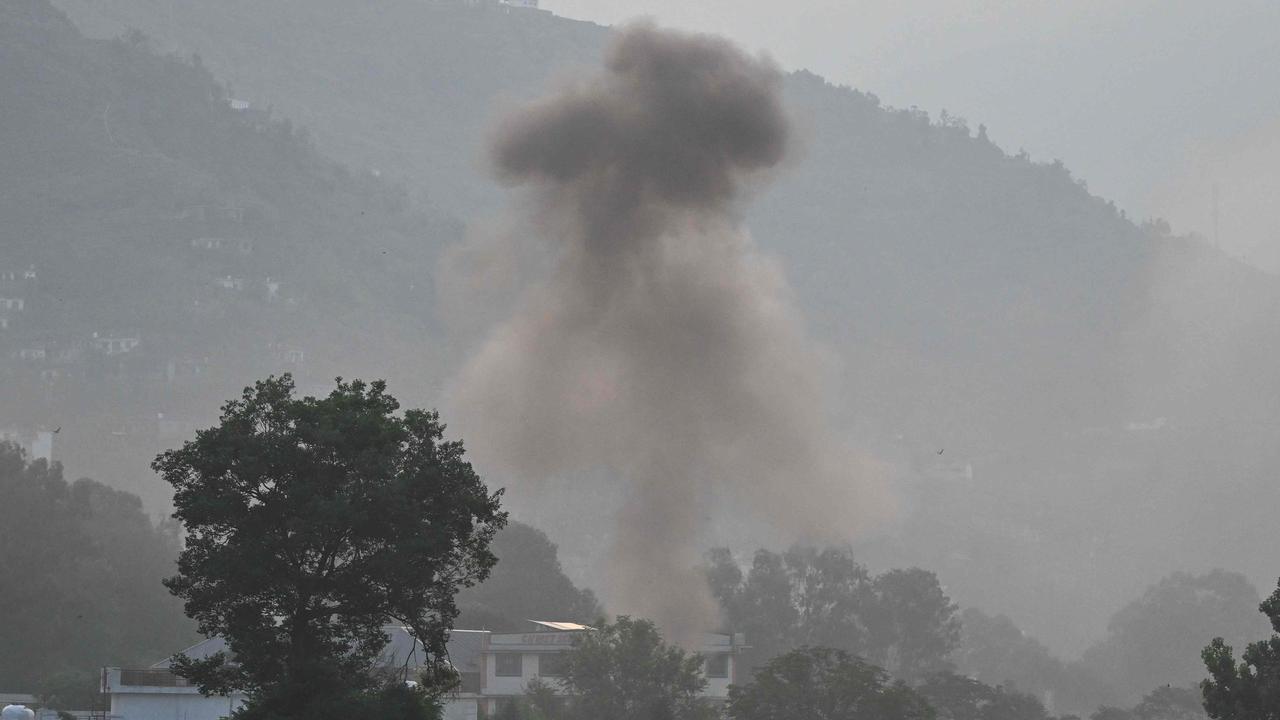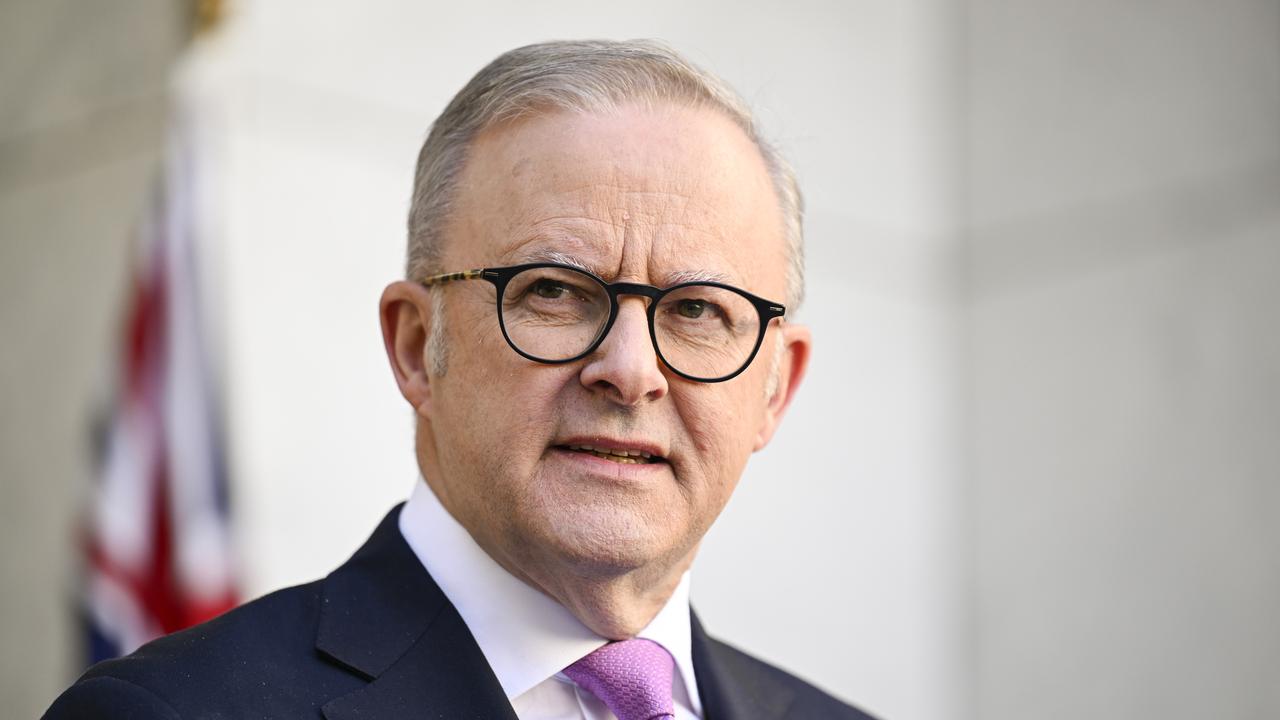Coronavirus: Golden opportunity to broaden and strengthen our national security
How this agenda will be constituted and implemented is for debate. But security experts increasingly believe national security policy should be more holistic, integrated and focused on making us resilient to such shocks.
In recent weeks, there have been calls for “smart” sovereignty, less dependence on global supply chains, rejuvenating our vanishingly merchant navy, building a non-military system of national service, hardening the nation’s infrastructure and adopting the idea of total defence.
All these ideas have merit, and bringing the best of them together in a revamped security strategy won’t be as difficult, or expensive, as traditionalists think. We don’t need to reinvent the wheel, provided governments are willing to learn from our mistakes, build on the national security machinery already in place and work across the political divide to build a new strategic consensus.
Understanding what happened is the key to better preparedness and foresight. How often have we read, or heard, that no one could have predicted the coronavirus pandemic, or its consequences? Nothing could be further from the truth. Many experts anticipated it, some in prescient detail.
At the height of the SARS outbreak in 2003, infectious disease expert Michael Osterholm wrote in influential US policy journal Foreign Affairs that the reality of a coming pandemic could not be avoided. Only its impact could be lessened by preparation and planning. “The public is often indifferent to initial warnings about impending infectious disease crises, which turns into fear only after the catastrophe hits when it is already too late to implement preventive or control measures,” he wrote.
Osterholm predicted that the labour force would be severely affected and as many as 5 per cent of infected people would die. There would be major shortages of a wide range of commodities, including food, paper and medicines. Many industries would suffer, and perhaps close. And activities that require close human contact — such as schooling, entertainment and eating out — would be avoided or even banned.
How right he was, as were many others with similar forecasts across the pages of newspapers and academic journals. This was far from an unknowable “black swan”. So, if most of the required knowledge already exists, so does the machinery for translating that knowledge into policies that work. Over the past three decades, the national security machinery of government has been improved beyond recognition. But Scott Morrison’s decision to establish a national cabinet to co-ordinate the response to the coronavirus suggests it’s not optimally configured for challenges ahead.
Some obvious fixes are to re-empower the position of national security adviser, enhance the role of the intelligence agencies in assessing and collecting data on non-military threats, and establish mechanisms for inter-agency and cross-jurisdictional co-operation beyond the traditional national security community.
The structures and working arrangements developed for COVID-19 should be embedded in a whole-of-society approach to crisis management that increases community buy-in to national security preparedness by including business, unions and NGOs.
Our national security agenda wouldn’t need to be radically different. The 2013 National Security Strategy lists seven primary security risks: espionage and foreign interference; instability in developing and fragile states; malicious cyber activity; the proliferation of weapons of mass destruction; serious and organised crime; state-based conflict; and coercion, terrorism and violent extremism.
All remain valid. But as my colleague Jennifer Oriel writes today, the only discernible benefit of the coronavirus is its exposure of our key vulnerabilities, so this agenda should be expanded to include pandemics, for now obvious reasons; climate change; food, water and energy insecurity; global supply chain disruptions; and the destabilising consequences of unregulated migration.
A warming planet, sea-level rise and acidification of the oceans is a growing problem, as are freshwater availability for agriculture and reliable supplies of liquid fuel. Australia is vulnerable to oil disruptions because we don’t have a sovereign petroleum reserve. Our dependence on global supply chains is more serious than the recent shortages of medical equipment and pharmaceuticals.
The unregulated movement of people across the globe is likely to continue its upward trajectory after a brief pause. We need to have a better understanding of the risk to the security of destination countries and would-be migrants.
These issues are often connected, so they can’t be analysed in isolation from each other. A revamped national security strategy should focus on the linkages, drivers and unintended consequences of knowable events.
Cost considerations will be a critical determinant of what the government can do as it contemplates a probable budget deficit of $200bn next year and $1 trillion in debt. But modest improvements to national security forecasting, machinery, preparedness and strategy shouldn’t break the bank.
Morrison should grasp his carpe diem moment to make Australia an exemplar of effective national security management in a more volatile, fragmented world.
Alan Dupont is CEO of geopolitical risk consultancy The Cognoscenti Group and a nonresident fellow at the Lowy Institute.




The biggest international crisis since World War II is increasing pressure for a rethink of national security policy that redefines sovereign risk and elevates the importance of non-military challenges. Despite its terrible toll, the pandemic provides a once-in-a-generation opportunity to unite the country around a security agenda that will reshape how we live in a post-COVID-19 world.